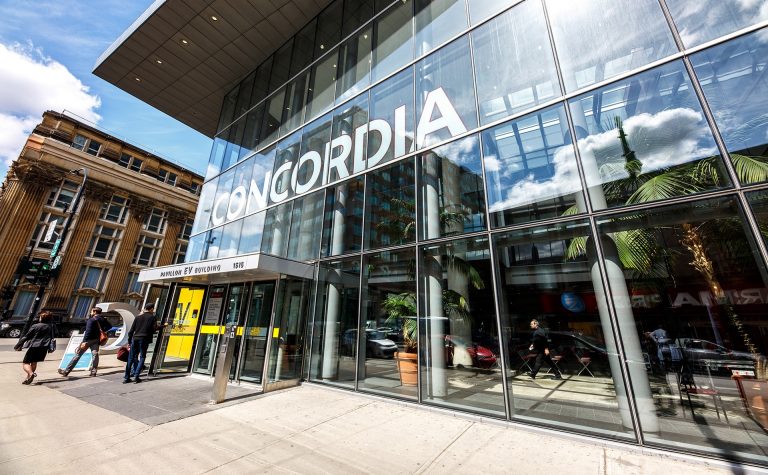📖Program Curriculum
Concordia University offers a Bachelor of Arts (BA) program in Economics. This program is designed for students who have an interest in understanding economic theories, policies, and their applications in various fields such as finance, business, government, and public policy.
Here is a general overview of the Economics (BA) program at Concordia University:
Foundation Courses:
Students start with foundation courses that provide a solid understanding of economic principles and theories. These courses cover topics such as microeconomics (the study of individual economic agents) and macroeconomics (the study of the overall economy), as well as quantitative methods and statistical analysis used in economics.
Core Economics Courses:
The program includes a set of core economics courses that build upon the foundational knowledge. These courses delve into advanced economic theories and concepts, such as economic modeling, economic history, econometrics, and economic policy analysis. Students explore topics like market structures, international trade, labor economics, and public economics.
Specialization and Electives:
Students have the opportunity to specialize in specific areas of economics based on their interests and career goals. Some possible specializations within the field of economics include finance, international economics, economic development, environmental economics, or behavioral economics. Elective courses allow students to further explore specific topics and tailor their degree to their interests.
Applied Economics:
The program emphasizes the application of economic theories and concepts to real-world situations. Students may engage in case studies, economic research projects, or simulations to understand how economic principles are applied in different contexts. They develop critical thinking, problem-solving, and data analysis skills to analyze economic issues and make informed decisions.
Quantitative Skills:
The study of economics requires strong quantitative skills. Students learn to use statistical tools, economic modeling techniques, and software applications to analyze economic data and conduct empirical research. They also gain proficiency in interpreting and presenting economic data and findings.
Research and Internship Opportunities:
Students may have opportunities to engage in research projects under the guidance of faculty members or participate in internships with organizations related to economics. These experiences provide practical skills, networking opportunities, and exposure to real-world economic environments.
It's important to note that the specific courses and requirements may vary, and it's recommended to refer to Concordia University's official website or contact the university directly for the most accurate and up-to-date information about their Bachelor of Arts (BA) program in Economics.
Show less
Show more













